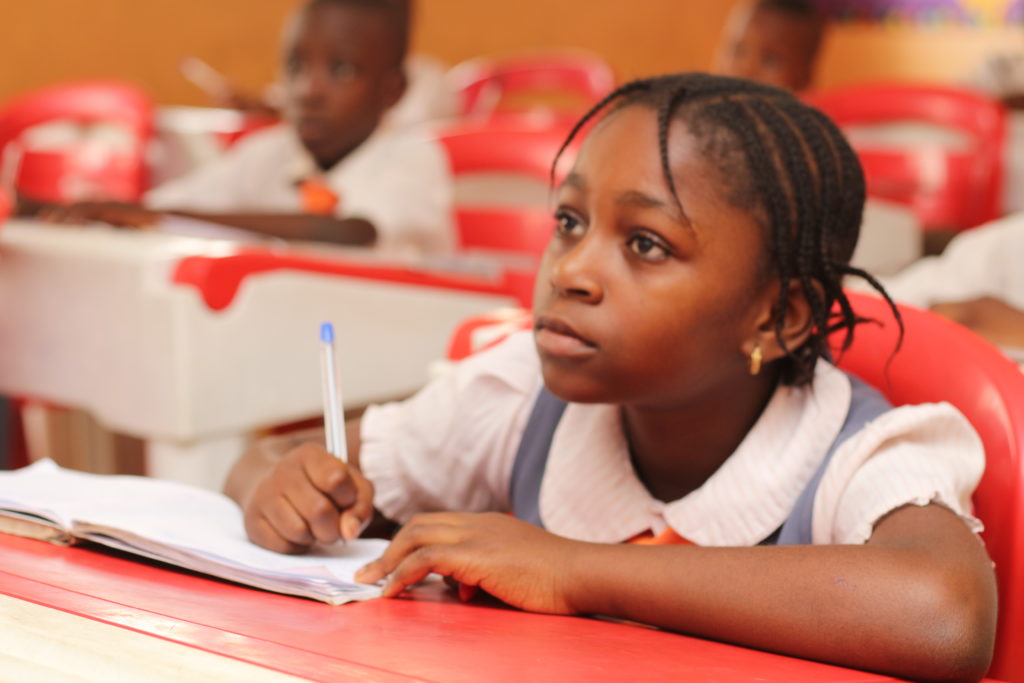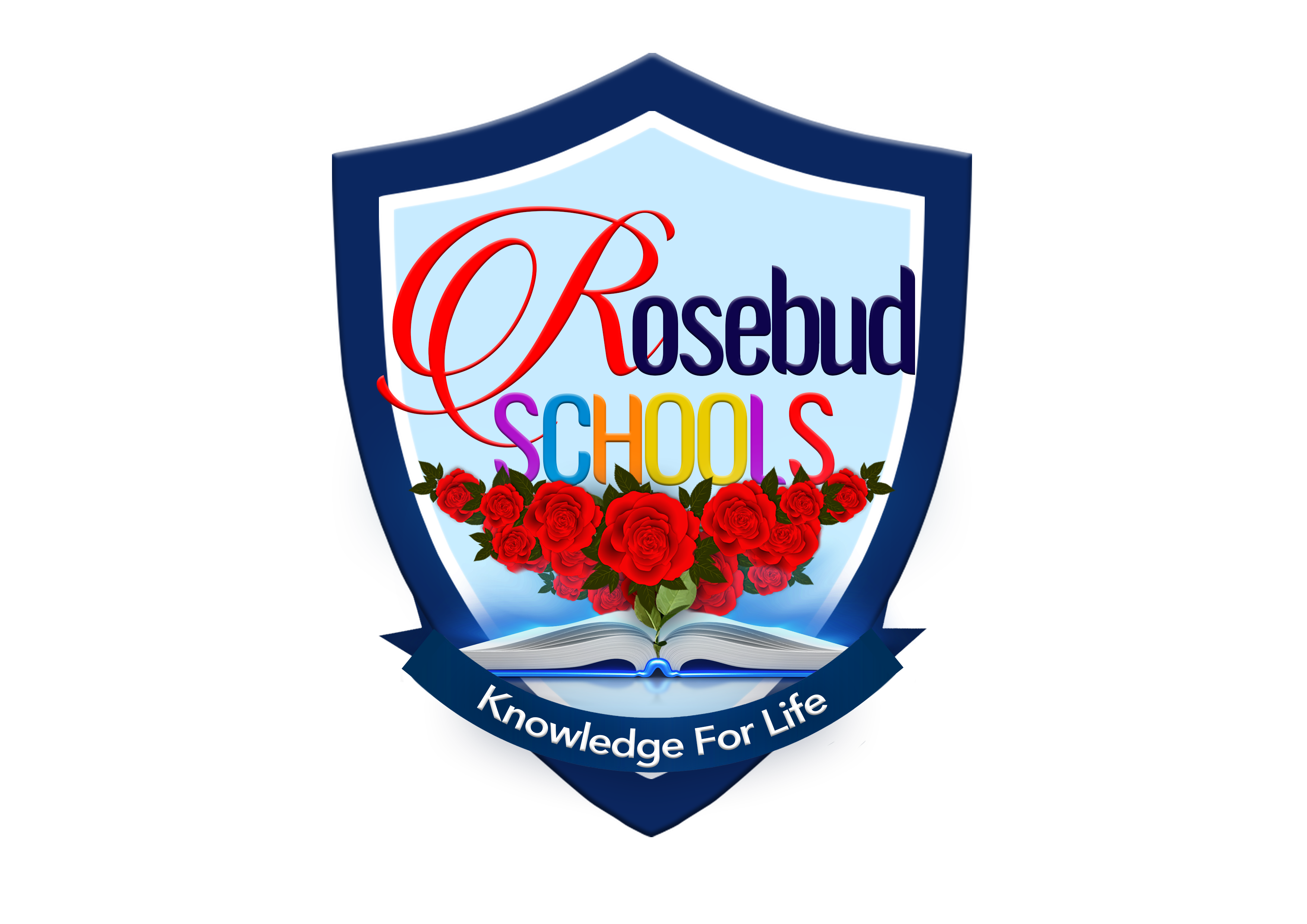
Here, we encourage our pupils (the roses) to develop an enquiring mind, to be self-managers, employing cross-curricular methods of learning through the British and Nigerian Curricular.
The Elementary are managed by the Head Teacher assisted by Assistant Head Teacher, the Montessori Director and the School Programme Coordinators.
5 to 10 years (Elementary School)
Teaching from the age of 5 is by subject and is conducted by highly qualified specialist staff. This is a special feature of Rosebud School which gives children from an early age contact with subject specialists, not available to many children in other settings until secondary school. Our classes average around 20 pupils.
Our curriculum and assessment procedures take into account the British and Nigerian Curricular Primary Framework. These include;
Our school has devised standard assessment tests at Key stages 1, 2, 3, 4 and 5. This gives us an objective assessment of each learner’s progress and allows us to monitor their academics. We have also introduced training in Computer Based Test (CBT) to our pupils.
Junior Elementary (Y1 – Y3)
During the early years of elementary education, we seek to:
Senior Elementary (Y4-Y6)
Without losing sight of the initial objectives, the senior elementary stage extends the challenges offered. The curriculum becomes more specialized, with the addition of new knowledge and skill training as detailed below:
